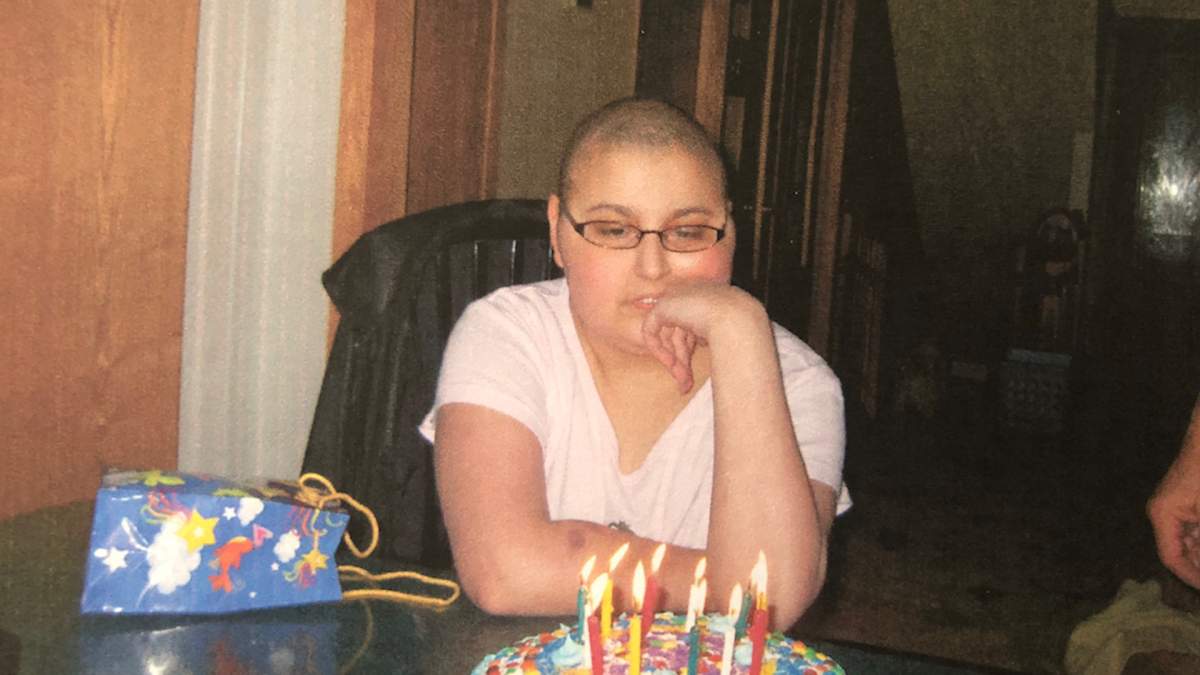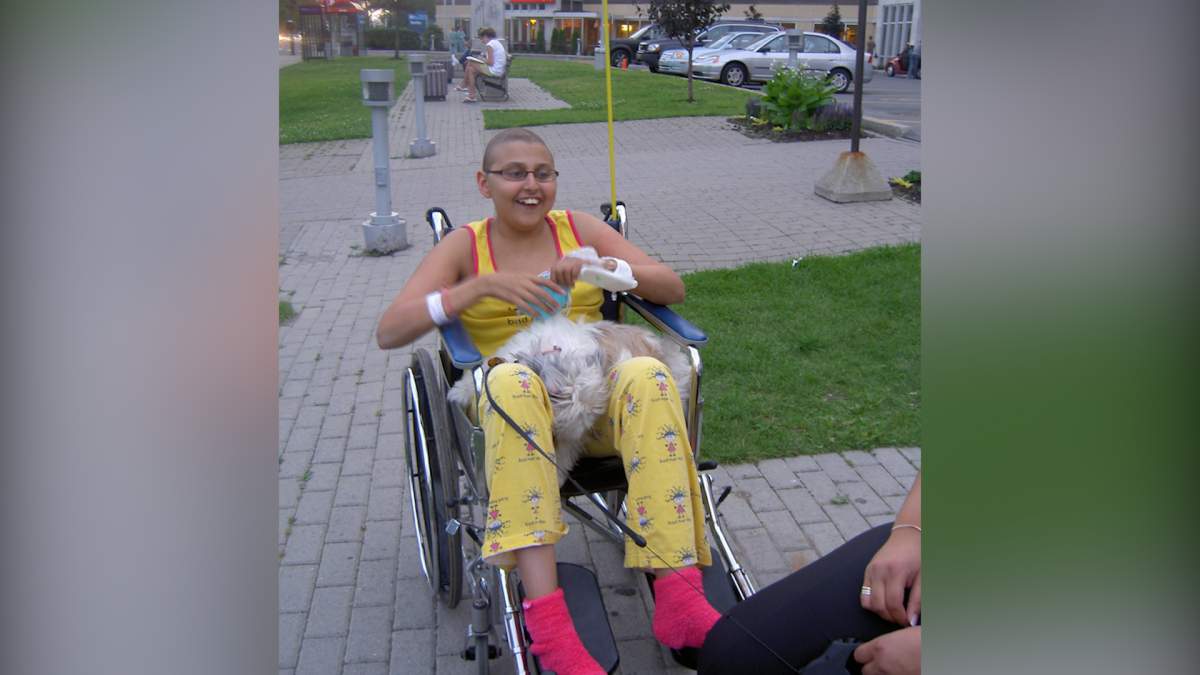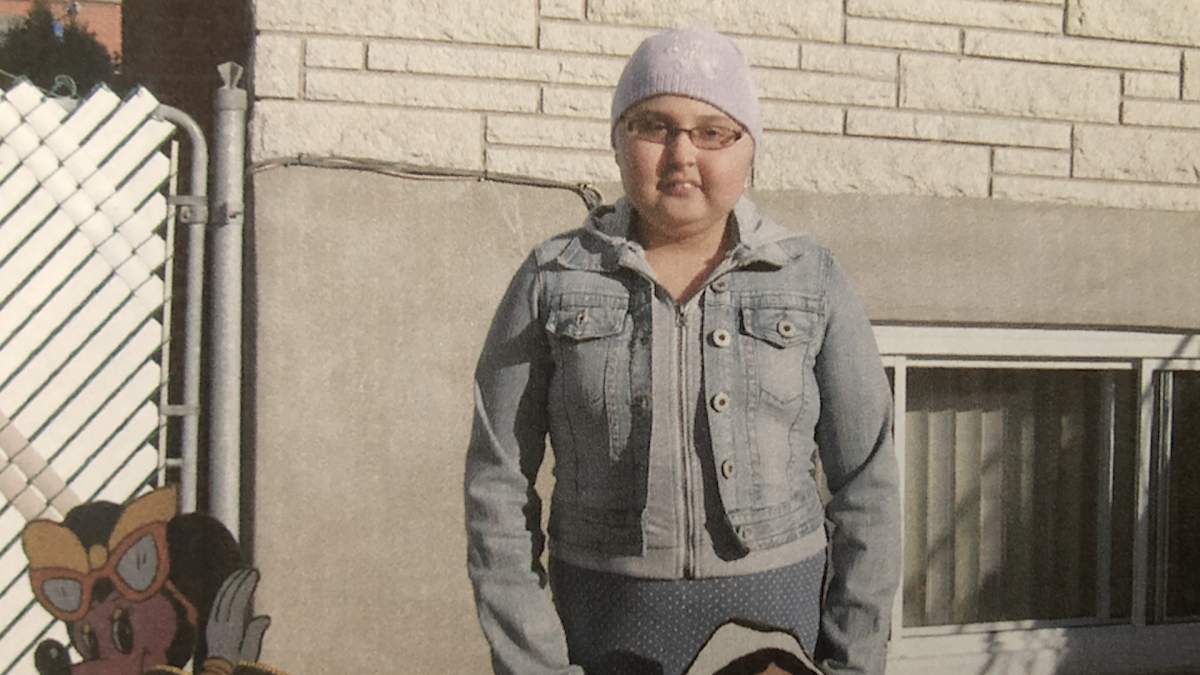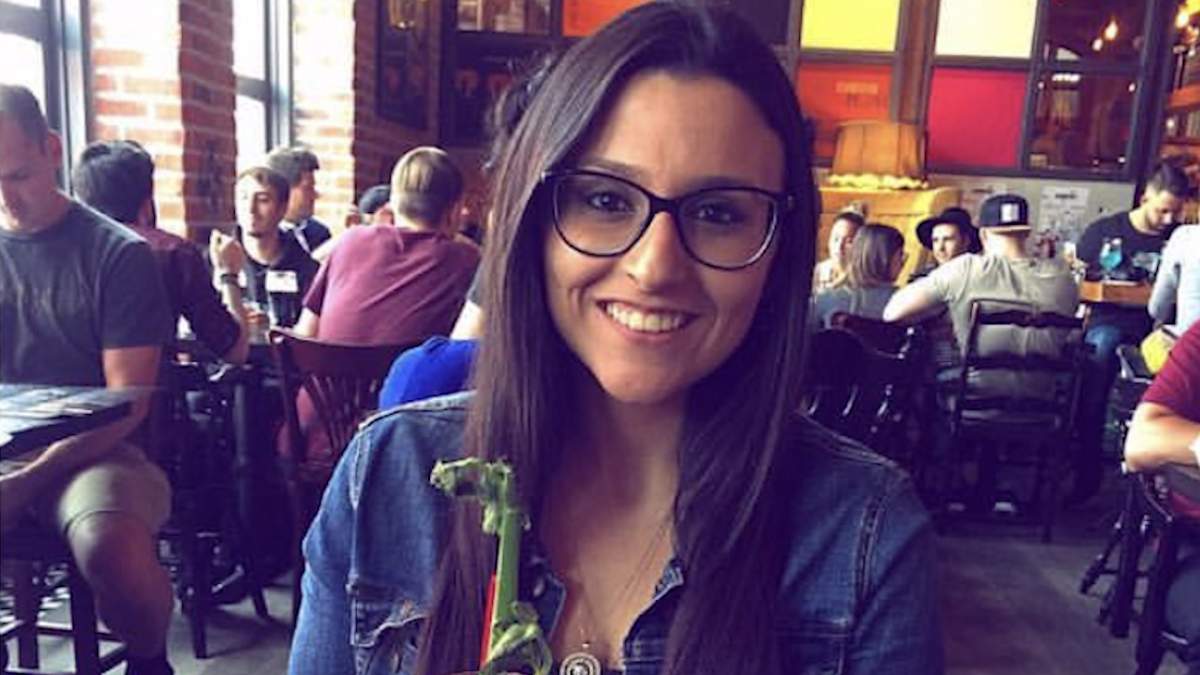Samantha Youakim didn’t have a normal childhood. She missed years of school. She had to stop playing with her friends. She could only leave the house for treatment. The hospital became her new home.

At 10 years old, she found out she had liver cancer. Doctors told her parents she had three months to live.
She remembers the moment she found out the news. Confused and feeling utterly sick inside, she asked her parents one question:
“I am going to die?”
It all started in 2005, when the Montreal native became very ill. She was always nauseous, she couldn’t get out of bed, the colour of her skin turned grey.
Her parents brought her to the clinic, where they took some blood tests. What they found out forever changed their lives.
The enzyme levels in Youakim’s liver were through the roof. Her levels were at 54,000 when normally they should be at about 12.
“That’s when they knew something was seriously wrong,” Youakim recalls.
When they opened her up to take a look, doctors saw that her liver was riddled with tumours. That was the beginning of three hard years of treatment, a liver transplant and chemotherapy.
Now, Youakim is 23 and alive to share her story. Against all odds, she’s been cancer free for 10 years.
“There are certain moments I realize, I could have not been here, I could have not experienced any of these things, I could have not had another birthday,” Youakim said.
“It’s hard to think about it but it gives you another level of appreciation. Everything I have in life I take serious.”
The rate of childhood cancer in Canada is rapidly increasing by 1 per cent per year, according to Dr. Furqan Shaikh, who works in oncology at the Hospital for Sick Children in Toronto. The reason for the increase is unknown.
“Although childhood cancer is rare, it is the second most common cause of death in children, after accidents and injuries,” Shaikh says.
The most prevalent childhood cancers in Canada (age 0-14) are leukemias, which account for 31 per cent of cases, then tumours of the central nervous system (brain and/or spinal cord) at 24 per cent and lymphomas at 13 per cent, according to a study by Health Canada.
In general, children tend to be more resilient to the effects of chemotherapy than adults and recover faster from surgeries, Shaikh says. Survival rates for childhood cancers are high at 82 per cent. However, unlike some adult cancers, the cause of childhood cancers is really not understood in the medical world, so prevention is difficult.
“While so much has been gained in the fight against childhood cancer, much remains to be done, and many cancer types have cure rates far below the average,” Shaikh says.

Get weekly health news
Even when children can be cured, the cost of the cure is often long-term side effects. This includes cognitive impairments, damage to major organs, infertility and the risk of developing second cancers due to treatment.
“For many cancers, the research agenda is to maintain the high cure rate while decreasing the intensity of therapy,” Shaikh says.
In general, treatments include the surgical removal of tumours and chemotherapy.
For Youakim, her case was particularly difficult because doctors thought her tumours had spread to her portal vein, a vessel that carries blood to many organs, including the liver. Scans showed that there was a blockage.
In that case, even a liver transplant couldn’t have saved her if the cancer wasn’t contained and had spread. She says she was considered high risk and denied a transplant.
But her family didn’t lose hope. Turns out Youakim’s uncle is Andy Kim, a Canadian pop rock singer and songwriter famous for many hits such as “Sugar Sugar,” which was number one in the U.S. Billboards in 1969 for four weeks.
Andy Kim was a friend of a philanthropist named Sam Ciccolini in Toronto, who was very involved in the medical community. He helped Youakim have a second chance.
Youakim remembers receiving a call saying there was a liver ready for her at Sainte-Justine Hospital in Montreal.
“I was a bit nervous but I finally got the liver, 12 hours of surgery and here I am today, 23 years old, cancer free. 10 years and 10 years since my transplant.
When doctors performed the liver transplant, they found that the blockage in her portal vein was actually a blood clot. As well, she says her cancer was most likely caused from a fatal genetic disease called Tyrosinemia, in which the body cannot effectively break down the amino acid tyrosine.
Children are usually screened for this genetic disease, but Youakim said she fell through the cracks and it later developed into a liver cancer called hepatocellular carcinoma.
“Liver cancer is considered a rare tumour in children. It occurs at an incidence of about 2.3 per million children per year,” Shaikh says.
Now, Youakim is working to become an event planner in Montreal, and she hopes to start her own fundraiser for childhood cancer and organ donation.
“I live a regular day and it’s a lot better to wake up and know that I am going to work rather than going to the hospital,” she says.
“I am a lot happier, I am dating a guy for five years now, my first boyfriend. I live a happy, normal life, when I thought I would never live that kind of life.”
Shaikh says an incredibly important aspect of fighting childhood cancer is having a circle of support. He advises parents to reach out to your community and get connected with others who are going through the same thing or connecting to appropriate foundations.
“Hearing of a child’s cancer diagnosis is one of the hardest possible experiences any person can go through, so ensuring emotional support is key,” he says.
“Families often value support they receive from other families going through the same journey, and most cancers have specific foundations or societies to help provide information and create community.”
As for Youakim, her advice to other children or families who are about to embark on a journey of recovery from childhood cancer is to never give up hope.
“Stay strong, your thoughts are just your thoughts, just negative thoughts. Block them out, believe that miracles do happen, even when the odds are against you.”















Comments